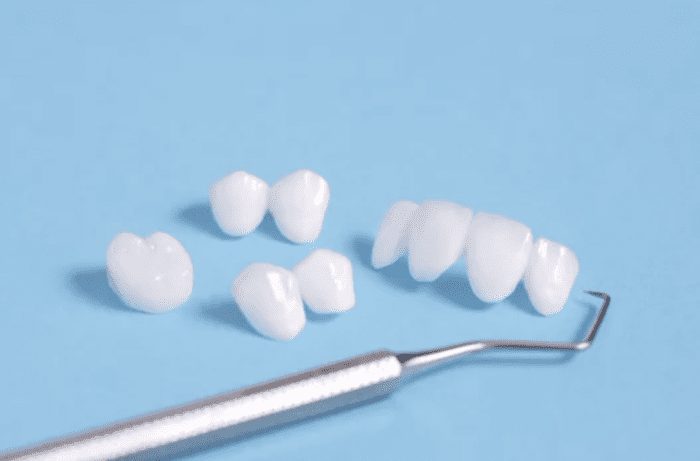If you want to alter your smile cosmetically, perhaps you have thought about dental veneers. Veneers are thin, porcelain shells that your dentist places on the front surface of your teeth.
You can utilize them for a variety of different functions, including creating a symmetrical smile, fixing a chipped tooth, or whitening your teeth. Dental veneers can give you the smile you have always desired.
Before getting veneers, you should know exactly how to take care of them and what foods or behaviors to avoid.


Staining
One of the benefits of dental veneers is that they are difficult to stain. This is great if you have several veneers; however, having only one veneer may pose a problem. While the veneer may not stain, your other teeth can. If you consume a lot of coffee or red wine, your teeth are likely to stain. You may end up with a shiny white veneer amongst yellow or discolored teeth.
Once your dentist places the veneer, they cannot alter its color. This means that you have to be more careful with your oral hygiene and the foods you consume. Of course, you can always go to your dentist for a professional whitening treatment if it becomes a problem.
Oral Hygiene
You don’t have to change much about your oral hygiene routine with dental veneers. Luckily, you can continue to brush and floss as you usually would. It is crucial that you brush at least twice a day and floss once daily. This will keep your teeth and gums healthy, which will help your veneers last longer.
With proper care, dental veneers can last up to 10-15 years before you need a dentist to replace them. Keeping your oral hygiene in order will help make this possible.
Diet
While you should avoid foods or beverages that can stain your teeth, there are other foods that can damage your veneers. Eating anything that is hard or super sticky can crack or pull off a veneer.
Although it is not typical, eating something like a toffee or hard caramel may have enough strength to remove your dental veneer.
In addition, it is still possible to chip or crack a veneer once it is on your teeth. You should limit foods like nuts or other foods of that nature to keep your veneers safe. For example, many people love to chew ice.
However, chewing ice can crack your veneers. Chipping or cracking a veneer needs immediate attention to avoid developing decay.
Because a veneer requires a dentist to remove part of your enamel, you are at a higher risk of developing tooth decay if your veneer gets damaged. Additionally, you can feel a more extreme sensitivity since the pulp is more exposed.
